Local history
Local history has become much more prominent in the most recent National Curriculum with a prominent place at each key stage. It has not always been well done even if children often enjoy it. Good local history involves careful planning ideally through an enquiry approach drawing on historical concepts and a range of sources. Local history provides great opportunities for practical work inside and outside the classroom. It is not something done in isolation but should link with other history so that children see the links between their direct world and the wider context.
Sort by:
Date (Newest first) | Title A-Z
Show:
All |
Articles |
Podcasts |
Multipage Articles
-

Learning Outside the Classroom
ArticleClick to view -

Learning to engage with documents through role play
ArticleClick to view -
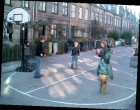
Learning what a place does and what we do for it
ArticleClick to view -

Local History and the 2012 Olympics
ArticleClick to view -

Local People and Places in the Early Years
ArticleClick to view -
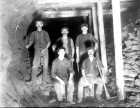
Local history and a sense of identity
ArticleClick to view -

Local history and literacy using written (and other) sources
ArticleClick to view -

Local history fieldwork
ArticleClick to view -

Migration to Britain through time
ArticleClick to view -
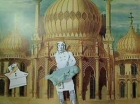
Museums, schools and creativity: How learning can be enhanced
ArticleClick to view -

Newspaper Collection
ArticleClick to view -

Place-names and the National Curriculum for History
ArticleClick to view -

Planning for local history
ArticleClick to view -
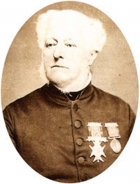
Shropshire's Secret Olympic History
ArticleClick to view -
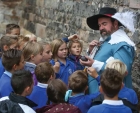
Siege coins of the English Civil War
ArticleClick to view -

Take one day: undertaking an in-depth local enquiry
ArticleClick to view -

Teaching black British history through local archives
ArticleClick to view -

Teaching local history in primary schools: learning about effective practice
ArticleClick to view -

The History around us: Local history
ArticleClick to view -
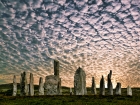
The Stone Age conundrum
ArticleClick to view

